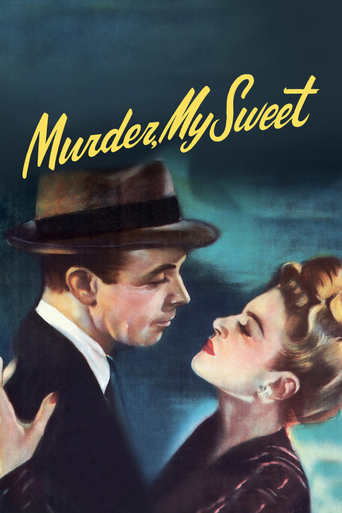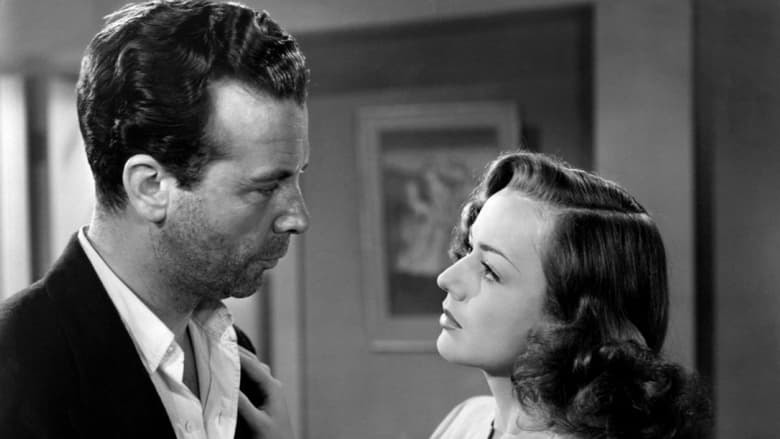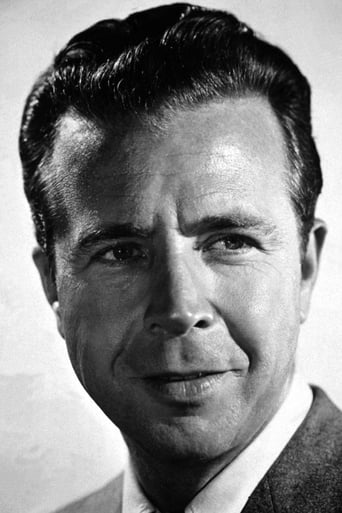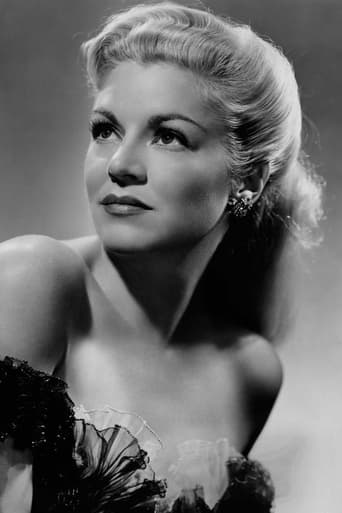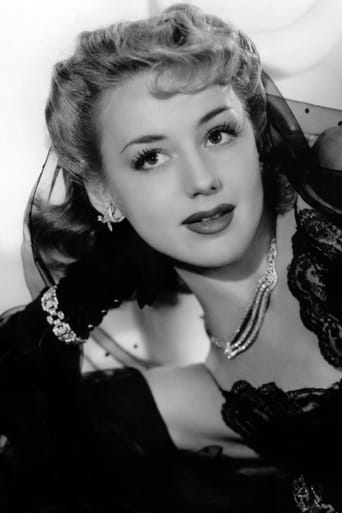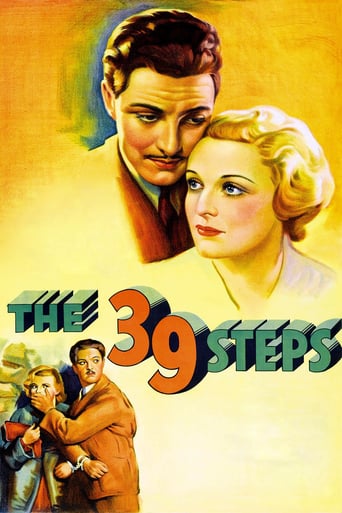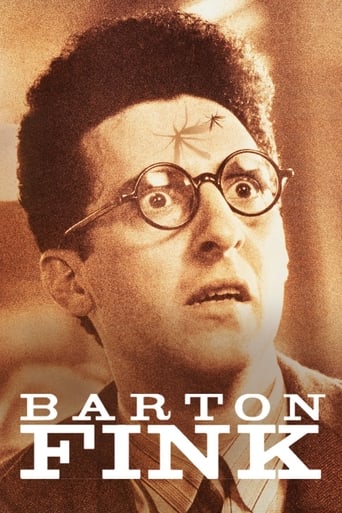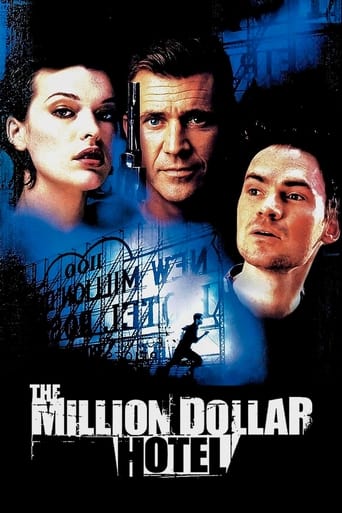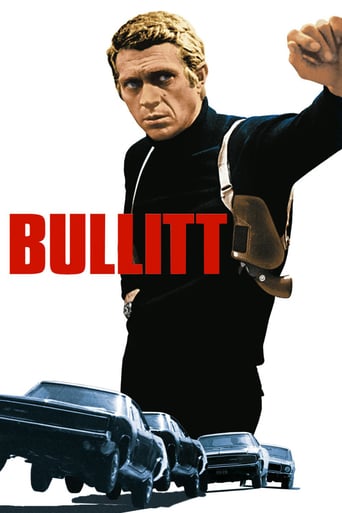Murder, My Sweet (1944)
After being hired to find an ex-con's former girlfriend, Philip Marlowe is drawn into a deeply complex web of mystery and deceit.
Watch Trailer
Cast


Similar titles
Reviews
Very very predictable, including the post credit scene !!!
Wonderful character development!
Save your money for something good and enjoyable
I cannot think of one single thing that I would change about this film. The acting is incomparable, the directing deft, and the writing poignantly brilliant.
Raymond Chandler's 1940 novel "Farewell, My Lovely" has been filmed three times. The first version (from 1942) was "The Falcon Takes Over" which adapted Chandler's plot, relocated the action from Los Angeles to New York and replaced Chandler's hero Philip Marlowe with the figure of The Falcon, a gentlemanly British detective (originally created by Michael Arlen) who became the hero of a long-running series of forties B-movies. This film from 1944 was released as "Farewell, My Lovely" in the United Kingdom, but in America it is known as "Murder, My Sweet", apparently because Dick Powell had previously been better known as the star of light-hearted musicals and the studio wanted to ensure that audiences knew they would be seeing a crime drama, not a comedy. When the remake starring Robert Mitchum was made in 1975 it was released under Chandler's original title worldwide.I will refer to this film by its British title, largely because that is the one with which I am most familiar. Like most films noirs it has a particularly complex plot. It opens with Marlowe being interrogated by police about two murders, and this interrogation serves as a framework, with the story being told in flashback. We learn how Marlowe accepted two sets of apparently routine instructions which landed him in trouble. Moose Malloy, a former wrestler recently released from jail, hired him to trace his old girlfriend Velma, and he was also hired to act as bodyguard to a man paying a ransom for some stolen jewels. Marlowe finds himself caught up in a web of intrigue involving the owner of the jewels, her husband and stepdaughter, Malloy, and a sinister psychic healer.The term "film noir", literally "black film", has a double, perhaps triple, meaning. Such films were figuratively "dark" because of the "dark deeds" which make up their plots, and perhaps also in the sense that these plots are often obscure and mysterious. They were, however, also "dark" in a literal sense, because they generally included striking chiaroscuro photography, often involving scenes shot at night. Here Edward Dmytryk goes even takes this tendency to extremes, shooting almost the whole of the movie at night with virtually no daytime scenes. Later crime dramas set in the Los Angeles area, such as Polanski's "Chinatown", have emphasised the brilliant Southern California sunshine, but here the City of Angels becomes a City of Dreadful Night, with Dmytryk using (as did other noir directors such as Hawks, John Huston, Billy Wilder, Sam Fuller and Carol Reed) physical darkness as a visual metaphor for both impenetrable mystery and moral depravity.Powell's performance as Marlowe has been the subject of some controversy, coming in for both praise and criticism. My view is that he is not at all bad, considering that he had had little previous experience of this sort of film, but even so he is not really in the same class as Humphrey Bogart who was to play Marlowe in Howard Hawks's "The Big Sleep" from two years later. The best performance here is probably from Claire Trevor, something of a noir specialist, as Helen Grayle, the owner of the jewels and the glamorous second wife of a wealthy, much older man. (The jewels are the story's "McGuffin". Did Chandler, I wonder, use the name "Grayle" as a deliberate reference to the Holy Grail, perhaps the most famous McGuffin in literary history?) Mike Mazurki is also good as Moose, a man with overdeveloped muscles and an underdeveloped intellect who nevertheless retains a certain rough integrity.This film is certainly a lot better than "The Falcon Takes Over", in which George Sanders is far too laid back and insouciant, even when serious matters like murder are at stake. (Chandler's story, in any case, was not really suitable for B-movie treatment). I am unable make comparisons with the Mitchum "Farewell, My Lovely", which I have never seen. As for "The Big Sleep", Dmytryk is able to maintain the tension as well as does Hawks, and the writing is better here than in the later film, one which we tend to watch more for its atmosphere than for its plot, which is impenetrable even by noir standards. The plot of "Farewell, My Lovely" may be complex, but it never becomes incomprehensible. Although I prefer Bogart to Powell, I nevertheless think that this version of "Farewell, My Lovely" can stand comparison with "The Big Sleep". 8/10
MURDER, MY SWEET is one chaotic crime movie. Frankly, it's not so bad, but I can not resist the impression that from the start something is amiss. The film can be viewed as a drunken flashback. This is the story of a private detective who is no different from his clients. Clients are bizarre and depraved characters, each involved in the murder, or better yet .... a series of murders. The most interesting thing is to watch the characters who do not know what they want. The solution to the mystery was visible from the start, only a series of complications that act has been postponed. Romance is unreal superficial and likely fictional.Cynical sarcastic dialogues and narration are laudable.Dick Powell as Philip Marlowe, character that is just fine. Powell modeled on Bogart was cool and somewhat reserved. The narrative pretty good. The acting is solid. I think that the transition from comedy and musicals visible. Claire Trevor as Helen Grayle/Velma Valento It's a femme fatale and lost girl with dubious past. In this relation, Trevor is not good bearings. Although I think it is not particularly blame. Simply, does not correspond to her role. Charming entertainer from the image becomes evil and gorgeous blonde who is trying to silence those who know something about her. Anne Shirley as Ann Grayle is innocent, which is freely positioned between two fires. All the supporting roles are quite strange and despite that ... good.Murder, my sweet is a solid crime game.
Philip Marlowe might now always be associated with Humphrey Bogart but this first adaptation of Farewell my Lovely, directed by Edward Dmytryk and a suitably film noir lighting by Harry J Wild who created a dangerous shadowy world.Dick Powell plays the hard boiled tough talking private eye Philip Marlowe hired by a recently released ex-convict Moose Malloy to find his girlfriend Velma. The case may sound simple but it leads Marlowe to a complex web of lies, deceit and danger.I expected this film to have aged badly but was surprised by how much I enjoyed the film, it is edgy and hard hitting in places, very well adapted from Raymond Chandler's novel and nice to see another take on Marlowe from that era played by a different actor.
This is a good movie but it's dated. This is the kind of my that has turned into an antique, meaning that when it was new it was a gem but with the passage of time it has lost its luster. Now, that does not mean that the movie is not worth watching. It has a wonderful cast and excellent cinematography, but still, the movie is essentially dull and hokey. This has nothing to do with the actors. Rather, it a question of changing tastes. What passed for an exciting crime drama in the 1940s would seem stodgy today. Maybe one should not make such generalizations, but to remake this movie today would require a massive re-write to bring it in conformity with the tastes of today's audience, and unless someone today is willing to accept this movie on its own 1940s terms, it will not excite; rather it will bore, and maybe even cure you of insomnia.

